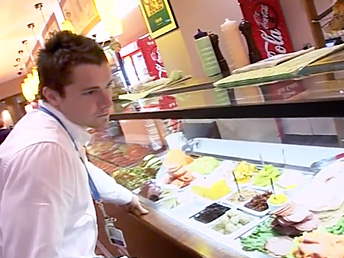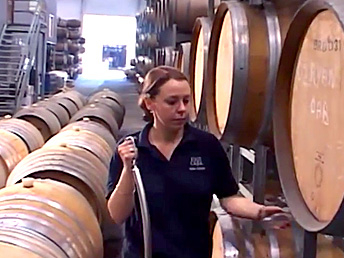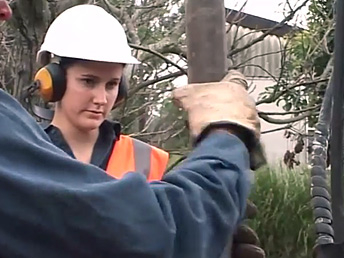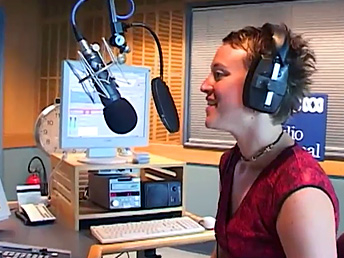
Food Scientist
Food scientists use science to understand food processes and improve food quality for the public. You will study the makeup of all different types of food and use laboratory techniques to discover nutritional value or develop products that are more enjoyable and sustainable.
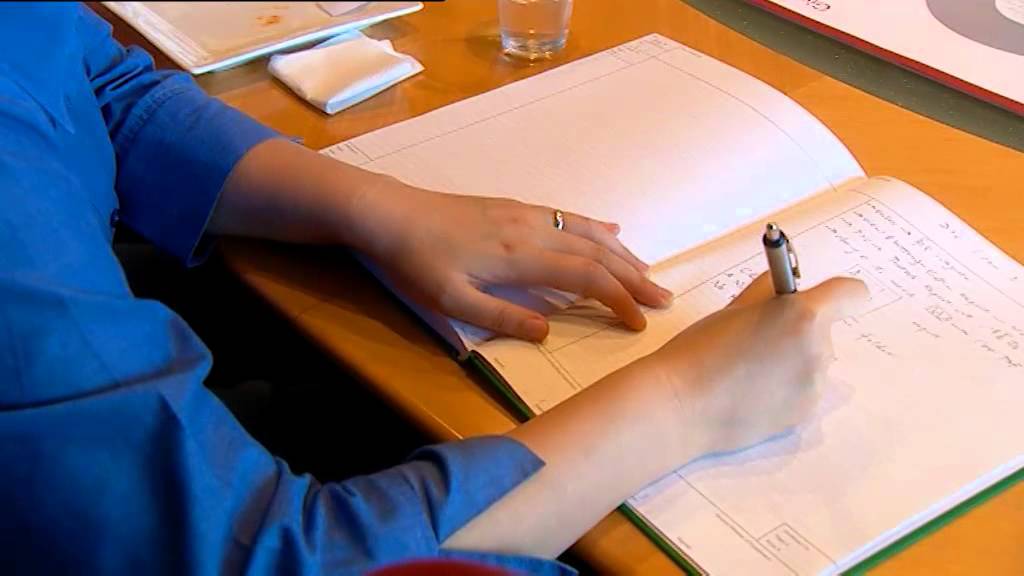

What the job looks like
Salary expectation
starts at $45,000 up to $82,000+

The good
- Using scientific equipment
- Working with food
- Making new discoveries or food products
- Finding better ways to produce food that benefit people
- Keeping up with new advancements in technology
The not so good
- Dealing with sustainability challenges
- Meeting nutrition guidelines
Food scientists help develop safe packaging that lines supermarket shelves and are relied on to develop safe preservation techniques that keep food fresher for longer.
They also provide the nutritional values you find on food products and create the variety of specialist foods now available. You could be lucky enough to test and refine products such as chocolate or tea blends.
Maths skills will be important to understand the application of science to food. You will also be using statistics and doing a lot of data analysis as a food scientist. Accuracy is critical in this line of work as it effects the health, safety and hygiene of products humans consume.
Good writing skills will be essential as the information you record will be used to inform business and marketing materials. You might also be called upon to talk with the media to explain certain concepts or issues.
If you enjoy science, working independently and have great attention to detail this might be the job for you.
Its good to be able to make food that has value added material so we enhance the lifestyle of people.
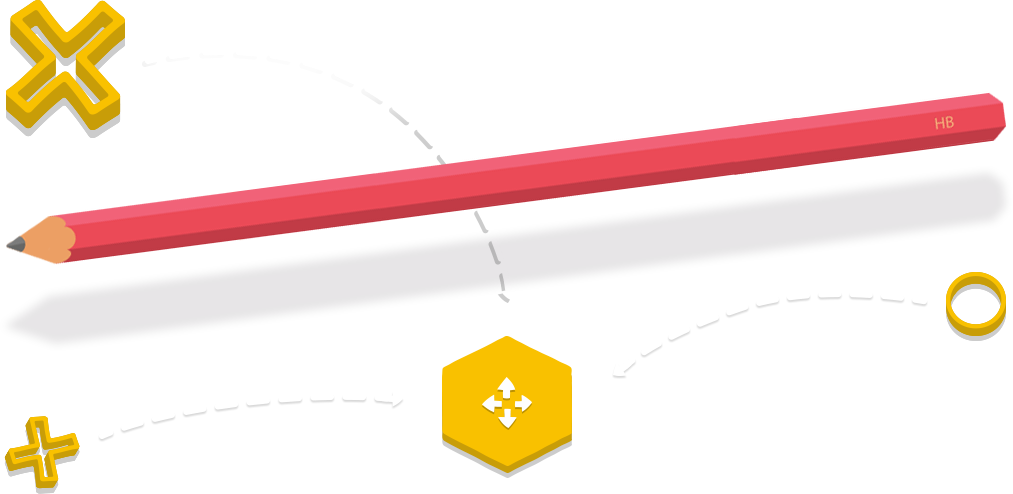
Pathways to this career
Subject suggestions for the HSC
Choosing your HSC subjects from this list could really help with your career. Think carefully about what you want to study after school as you might need to choose specific HSC subjects for that course and to count towards your ATAR (Australian Tertiary Admission Rank). An ATAR is your academic rank in relation to other HSC students and helps with University admission.
HSC subjects
Some subjects will count towards your ATAR, others will not. Check with your career advisor before making subject selections.
- English (Advanced or higher)
- Mathematics (2 Unit or higher)
- Chemistry
- Biology
- Food Technology
- Agriculture
What can I do after I have finished school?
University degrees
Studying one of these degrees can help with your career.
- Bachelor of Food Science and Human Nutrition
- Bachelor of Food and Nutrition Sciences
- Bachelor of Science (Food Technology and Nutrition)
Suggestions
Check out the CSIRO for more information
- Get involved in the food scene. Start reading magazines that include informative articles on food, or add them on your social media feeds
- Keep up to date with news and advancements in the food science area – do your own research into how science impacts on food
- Watch shows like Masterchef to keep up with trends, this might help inform your area of interest
- Use food science as a topic for school assignments where possible
- Go to career expos and events like university Open Days for information about what you will study
